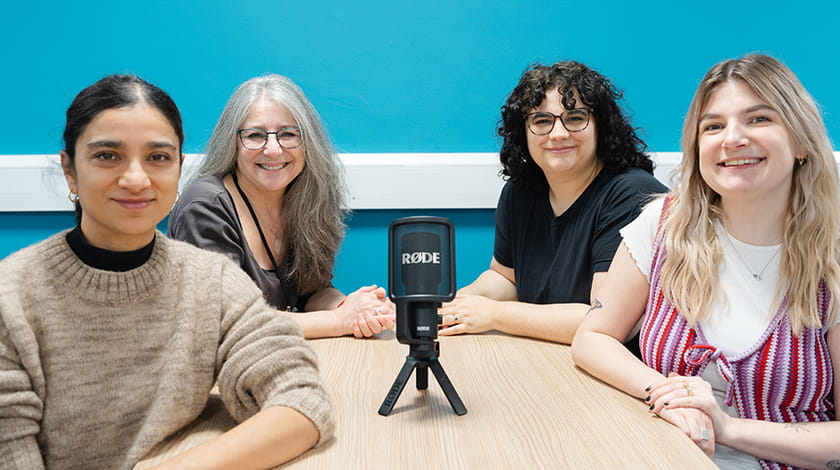Appearance Matters 10
Conference held from 11 to 13 June 2024
We were delighted to be back with an in-person conference, celebrating the 10th Appearance Matters conference (AM10) from Tuesday 11 June to Thursday 13 June 2024, in the city of Bristol, the home of the Centre for Appearance Research (UWE Bristol).
AM10 was the biggest in-person conference in the AM series to date, with nearly 300 delegates attending from across the world. The conference offered the same vibrant programme, including addresses from two keynote speakers, oral and poster presentations, symposia, networking opportunities, workshops and a panel discussion.
Thank you to the Dove Self Esteem Project for sponsoring AM10.
Keynote speakers
We were delighted to be joined by two ground-breaking and innovative keynote speakers who inspired us with their insights into the world of visible difference and body image:
Professor Kathleen Bogart (Oregon State University)
Appearance Matters Podcast: In conversation with Kathleen Bogart
Professor Phillippa Diedrichs (UWE Bristol)
Appearance Matters Podcast; In conversation with Phillippa Diedrichs
Podcast
Check out the Appearance Matters podcast for more exclusive interviews from experts in the field.
Changing how the world sees bodies
The esteemed British Psychological Society (BPS) has featured our podcast in their official publication, The Psychologist, as it approaches important milestones – our 100th episode and 10 years disseminating and discussing research and relevant topics surrounding appearance-related issues.
Read the article
You may also be interested in
Appearance Matters 9 Online
Details about the Appearance Matters 9 (AM9) Online conference held in 2021.
Appearance Matters 8
Details about the Appearance Matters 8 conference held in 2018.
Appearance Matters 7
Details of the Appearance Matters 7 conference held in 2016.
Appearance Matters 6
Details of the Appearance Matters 6 conference held in 2014.
